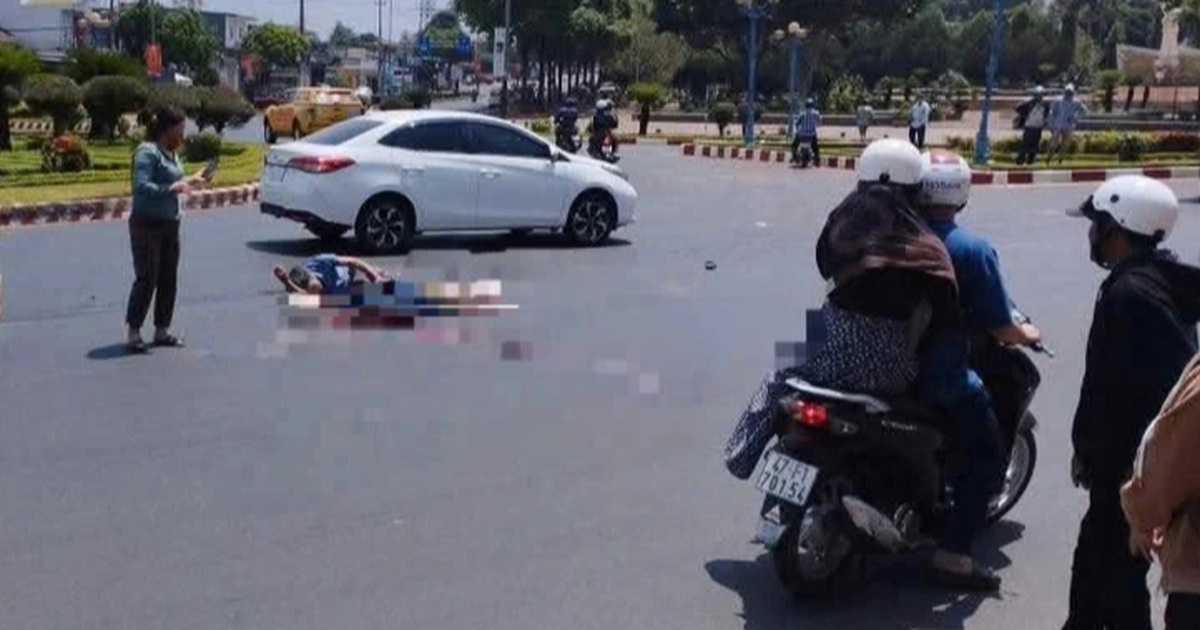Measles outbreaks are causing serious concerns for public health, particularly in Vietnamese provinces and cities. New cases continue to rise, demanding a strong response from health authorities. This article provides detailed information on the current measles situation, focusing on causes, consequences, and effective prevention measures.
Measles Cases at Major Hospitals
Measles cases at major hospitals like Children’s Hospital 1 (Ho Chi Minh City) and the Ho Chi Minh City Hospital for Tropical Diseases are alarming. Statistics show 15-20 new cases admitted daily, with over 60 patients currently hospitalized. Notably, most patients are from provinces outside Ho Chi Minh City, making disease control and management challenging.
Causes and Severe Consequences of Measles Outbreaks
The primary cause of this outbreak is largely linked to insufficient vaccination coverage. Some parents hold “anti-vaccine” views or are complacent, refusing to vaccinate their children, leading to rapid spread of the disease. Incomplete vaccination schedules also contribute to children’s susceptibility. Measles infections have severe consequences, causing complications such as severe pneumonia, middle ear infections, intestinal inflammation, and blood infections. In severe cases, particularly in young children, death can occur.
 A measles-infected child in a hospital isolation room in Ho Chi Minh City
A measles-infected child in a hospital isolation room in Ho Chi Minh City
The Role of Vaccination in Disease Prevention
The Ministry of Health has authorized measles vaccines for children aged 6 months to under 9 months. However, vaccination rollout in rural areas is not fully ensured, leading to a shortage of protected children. This underscores the importance of proactively scheduling full vaccinations according to the recommended schedule, especially in high-risk areas.
Urgent Measures to Prevent Measles
Health authorities, particularly in provinces with high case numbers, must accelerate measles vaccine campaigns. Prioritizing vaccination for children in affected areas is essential. Simultaneously, strengthen disease monitoring and surveillance to promptly identify and treat suspected cases.
Conclusion
The measles outbreak poses a significant threat to public health, demanding a concerted effort from all health authorities and the public. Complete vaccination remains the most effective preventative measure. Parents should proactively take children for vaccinations according to the schedule and guidelines provided by health officials to safeguard their children’s well-being.
References
- Report from the Ho Chi Minh City Center for Disease Control (HCDC)
- Circular from the Department of Disease Prevention (Ministry of Health) to Nha Trang Pasteur Institute and Quảng Nam Province Health Department
- Information from Children’s Hospital 1 and Ho Chi Minh City Hospital for Tropical Diseases
- Source link: https://dantri.com.vn/suc-khoe/tphcm-hang-loat-tre-mac-soi-nhap-vien-10-ca-het-9-la-benh-nhan-o-tinh-20250313151336541.htm



